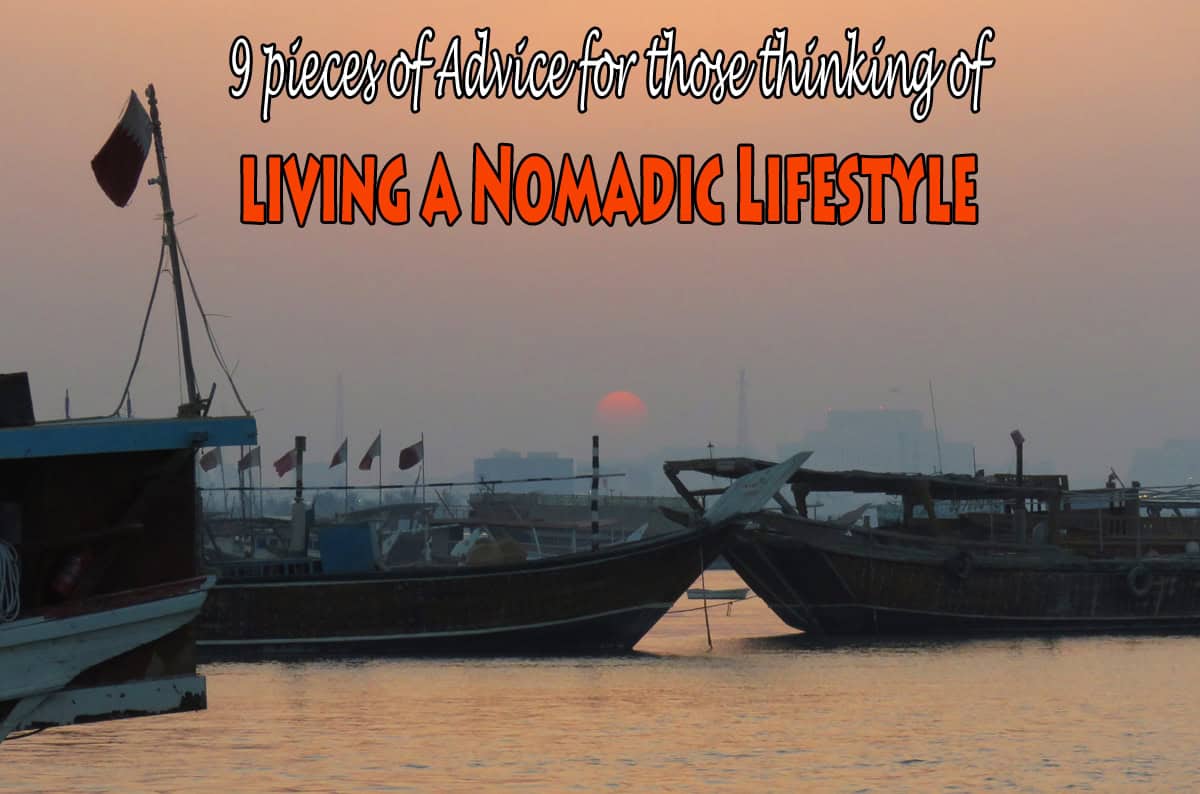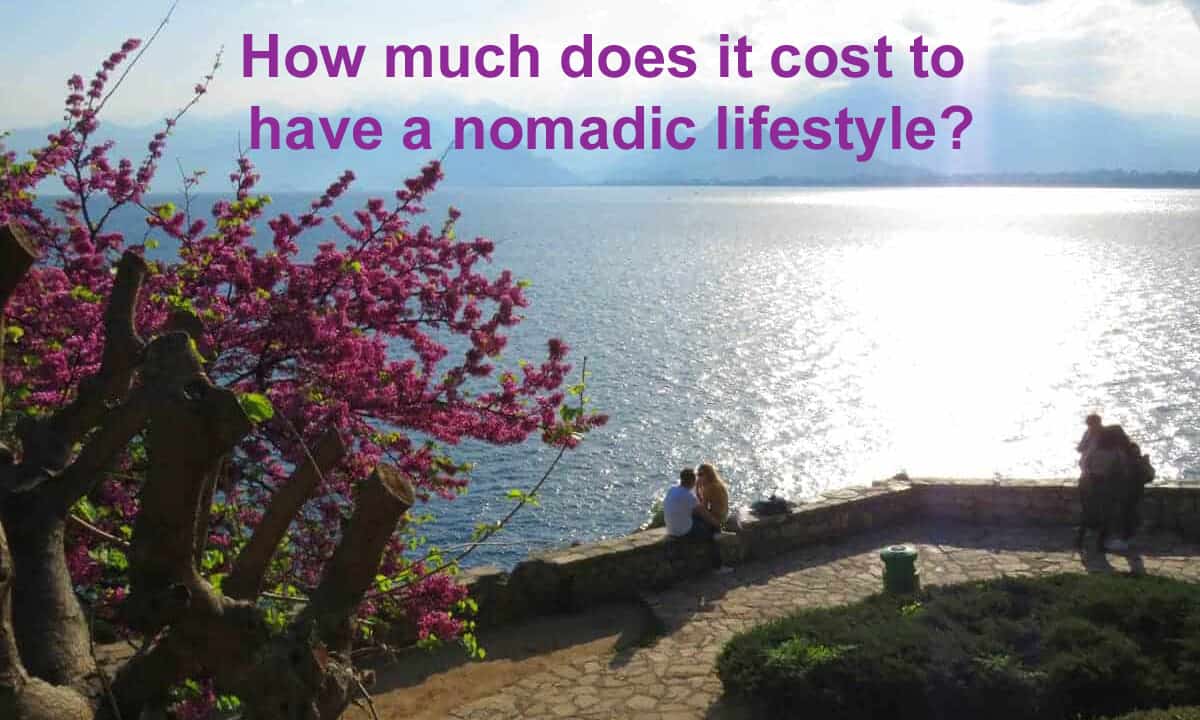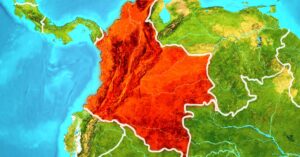Ten Degrees Warmer…and their tips on traveling the world
19 min readTen Degrees Warmer…and their tips on traveling the world. I love this interview because Robb gives us so much useful information on travelling the world on the cheap. He tells us about repositioning cruises, gives tips on breaking up long flights, and breaks down how he finds affordable accommodation. Robb and David are the perfect …
The post Ten Degrees Warmer…and their tips on traveling the world appeared first on The Travels of BBQboy and Spanky.
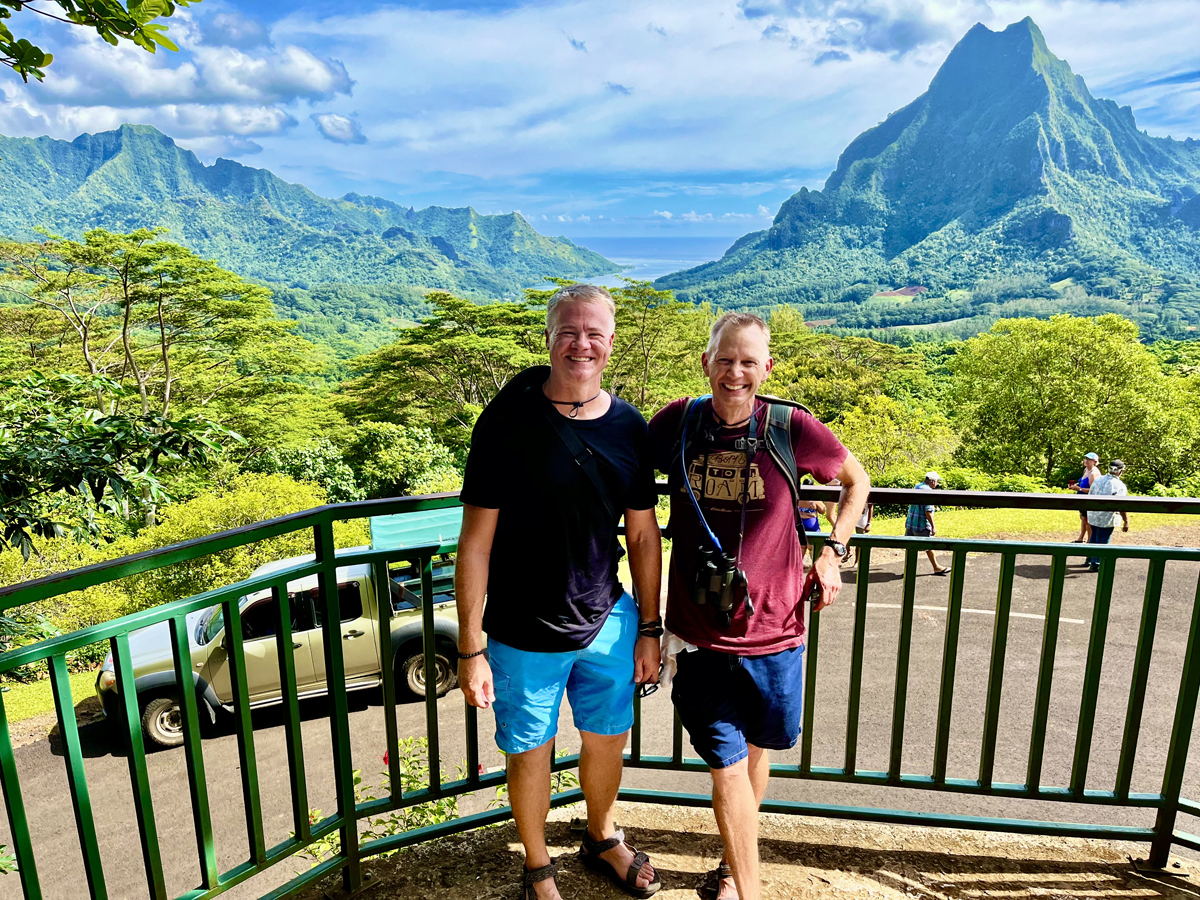
Ten Degrees Warmer…and their tips on traveling the world.
I love this interview because Robb gives us so much useful information on travelling the world on the cheap. He tells us about repositioning cruises, gives tips on breaking up long flights, and breaks down how he finds affordable accommodation.
Robb and David are the perfect examples that you don´t have to be millionaires to live a nomad lifestyle. They tell us how they´ve done it, what motivates them, and recount some of their favorite places and adventures.
A great read below.
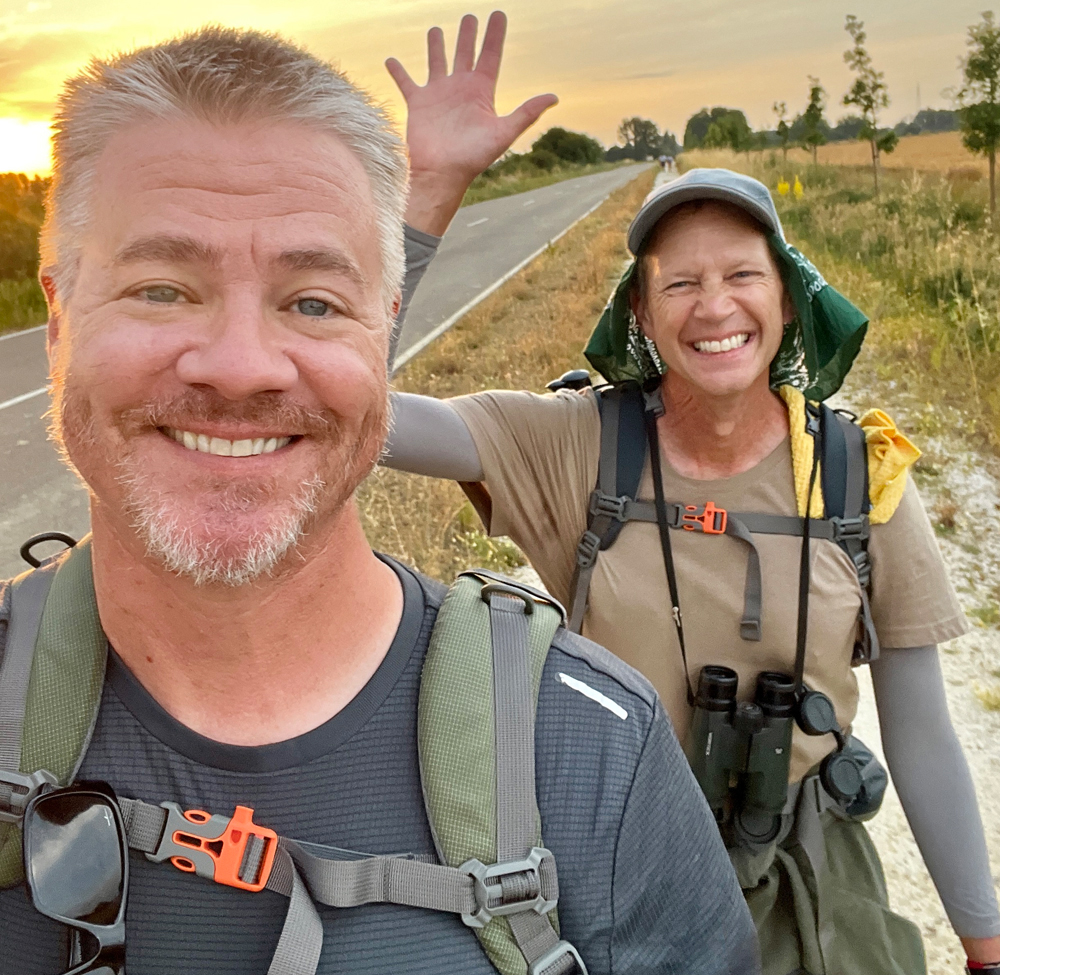
Names: Robb and David
Ages: 51 and 56
Country of origin: USA
Youtube Chanel: Ten Degrees Warmer
Blog: Ten Degrees Warmer
Hi Robb! You and your partner David are “temporary” full-time nomads as I understand it. You also describe yourselves as long-term travelers. Please explain to us your lifestyle and how you make it happen.
Hi Frank! So David and I have perhaps taken an unconventional pathway to our travels, which hasn’t been without its challenges, but looking back I wouldn’t change a single thing.
But to set the stage, after a decade as professional theater actors in LA and NYC, I became a nurse and David is a children’s book author and librarian. We are now 51 and 56, and have been together for coming up to 32 years. For most of that time we have been nomadic, living and working in various cities (also including DC, Albuquerque, San Diego, and most recently Vegas) working for a couple of years before taking time off to travel, and then moving on somewhere else on our return. We started traveling internationally in the late 90s and very quickly understood that was where our real passion was.
Luckily, we were early readers of people like JD Roth and Mr. Money Mustache before FIRE (Financial Independence Retire Early) was a mainstream thing, and quickly learned that being frugal and not accumulating stuff was the key for allowing us to to travel the way we wanted to. But we weren’t satisfied with simply saving for early retirement. As a nurse, every day I saw people who didn’t make it to retirement, and knowing tomorrow was not promised, I wanted to travel while I was young and healthy. So we committed to saving 50-60% of our income, and while much of that went into retirement funds to save for future us, we also would save cash to take regular sabbaticals abroad in between jobs.
Our first sabbaticals were shorter, 6 months to a year while we were focused on paying off all our debt, but as the debts disappeared the sabbaticals eventually grew to 2+ years. (We’ve been completely debt free since 2014.)
Currently we have been traveling for nearing two years, and even if we don’t make any money in the meantime could probably stretch that into another 3 years just with the cash we have set aside. (The pandemic delayed us so we saved a lot more than usual.) Technically we have hit a lean version of FIRE, and with our spending habits could probably just call it retirement at this point, but we have it in our heads we might return home for one last go to fatten up that FIRE and save up for some bigger bucket list adventures such as an Antarctic Cruise. The catch to that is we sold everything we owned including our car and furniture and gave up our rental house, so going back is going to be an expensive decision in itself. Lol.
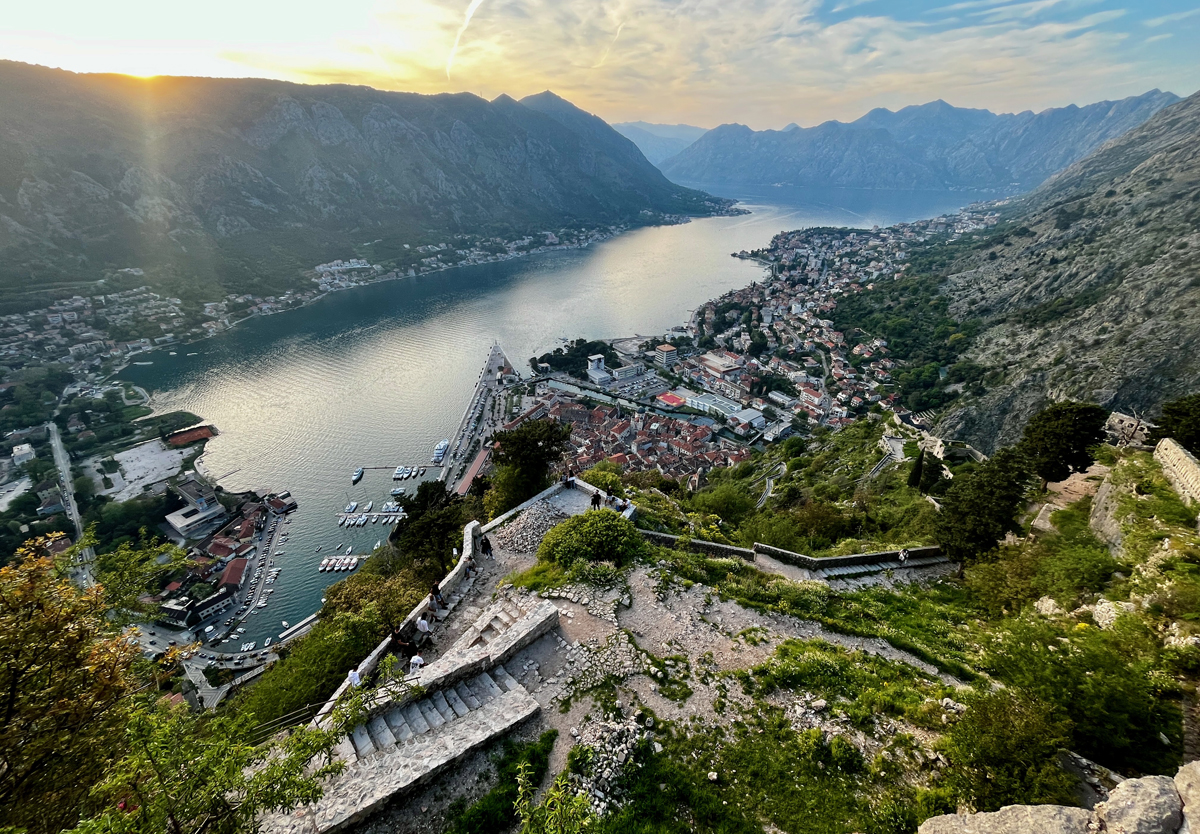
Where does your love of travel come from? What set you down this path?
In 1996 David was working as an entertainer on Holland America cruise ships. The next year I was hired by Disney for a tour that spent six months in Singapore. David then joined the Disney tour and we did another six months in Taiwan together. Traveling abroad on our own was liberating, and then getting to do it together showed us how much we both loved it, and the wheels started turning on how we could do more going forward to make it a lifestyle and not just a vacation.
You guys have a great Youtube channel where you discuss different aspects of long-term travel including travel hacks. Can you tell us a few of your favorite travel hacks?
Thanks! We have really been enjoying the YouTube experience. Given our travel experience, it gives us a way to share some of the tips, tricks, and hacks we’ve learned firsthand over the years, but it is also a wonderful creative outlet and has been a lot of fun to put together.
Some of our videos are related to the destinations we travel to, such as Guatemala, Portugal, or South East Asia. But some of our best performing videos are related to various aspects of travel hacking, because who doesn’t want to up level their travel skills?
Our favorite hacks are around replacing those boring 10-15 hour long haul flights between continents with more comfortable and more interesting alternatives.
One way to do that is by breaking up those long flights into multiple segments so you can spend days or weeks in the places you stop in along the way. Amazingly this can often be done for the same price or even cheaper than the single long flight, basically giving you free travels to multiple countries in between. We love this hack! It can take a bit of time searching routes and prices, but for us the rewards are well worth it. I show you how it works in this video here.
[embedded content]
But by far our most popular video is the first one we did on Repositioning Cruises. These cruises have skyrocketed in popularity as more and more travelers are looking for cost effective ways to use a cruise not only for the fun and entertainment of it, but also as transportation between continents, eliminating the need for that expensive flight altogether.
[embedded content]
Staying on that subject, you mention how little you and David spend. How do you do that?
We spend a lot less in travel than most of the other Nomads we know. We realized very early on that the best way to be mindful of our spending was to track it. “Let’s spend less on food” is a lot harder to do than “Let’s spend $5 less on food per day for the next five days.” When we travel we track every penny every day with a running of tally of whether we were over or under budget, so we knew when we could splurge and when we needed to cut back. These days our spending habits are so built in that while we still track every penny on a gloriously mind-bending spreadsheet, we only fill in the details maybe once a week or so.
Today what we call our “cost of living budget” is $50 a day for both of us. This includes all of our normal expenses such as accommodation, food, entertainment, and transportation costs. We do maintain other buckets for expenses like healthcare, subscriptions, and costs related to our Youtube channel, as well as some splurge buckets we saved up ahead of time to pay for bucket-list adventures that we knew would cost more than $50 a day, such as walking the Camino de Santiago, a cruise here and there, or really any time we spend in places like Europe or Australia where even we couldn’t manage on just $50.
Looking at my spreadsheet, currently as I write this, we have been traveling for 647 days. After a winter in Europe and most recently a week in Singapore, we are currently $408.90 over budget, but now that we are in Malaysia that is coming down almost every day. But using that number, our average daily spend on our “cost of living budget” has been $50.69. If I add in all of our other spending, we have averaged a total spend of $68.73 per day. On an annual basis that works out to just about $25K a year.
Compared to a lot of Americans, we are probably living far below what they would want to spend, and hey, if you have the funds, I think you should spend right up to what your own budget can handle. For us we have prioritized travel time abroad over spending more years working for more money, and we absolutely love our lifestyle. We have met people who spend significantly less than us leveraging housesitting and work exchange programs. We’ve also met people who seem to spend our entire budget in alcohol every day. We don’t think one way is “better” than another, it just depends on what you are comfortable with and what you can afford.
One caveat to these numbers. For the last year and a half we have been traveling with my Mom on and off, so have been renting 2 bedroom apartments, mostly for a month at a time. 2 bedrooms cost less than double of a one bedroom, so we have been seeing some savings there, though at the same time we have leaned into upgrading the experience for her. But even when she goes home for holidays (or while we walked the Camino), we are still able to maintain our budget. We’re just used to it!
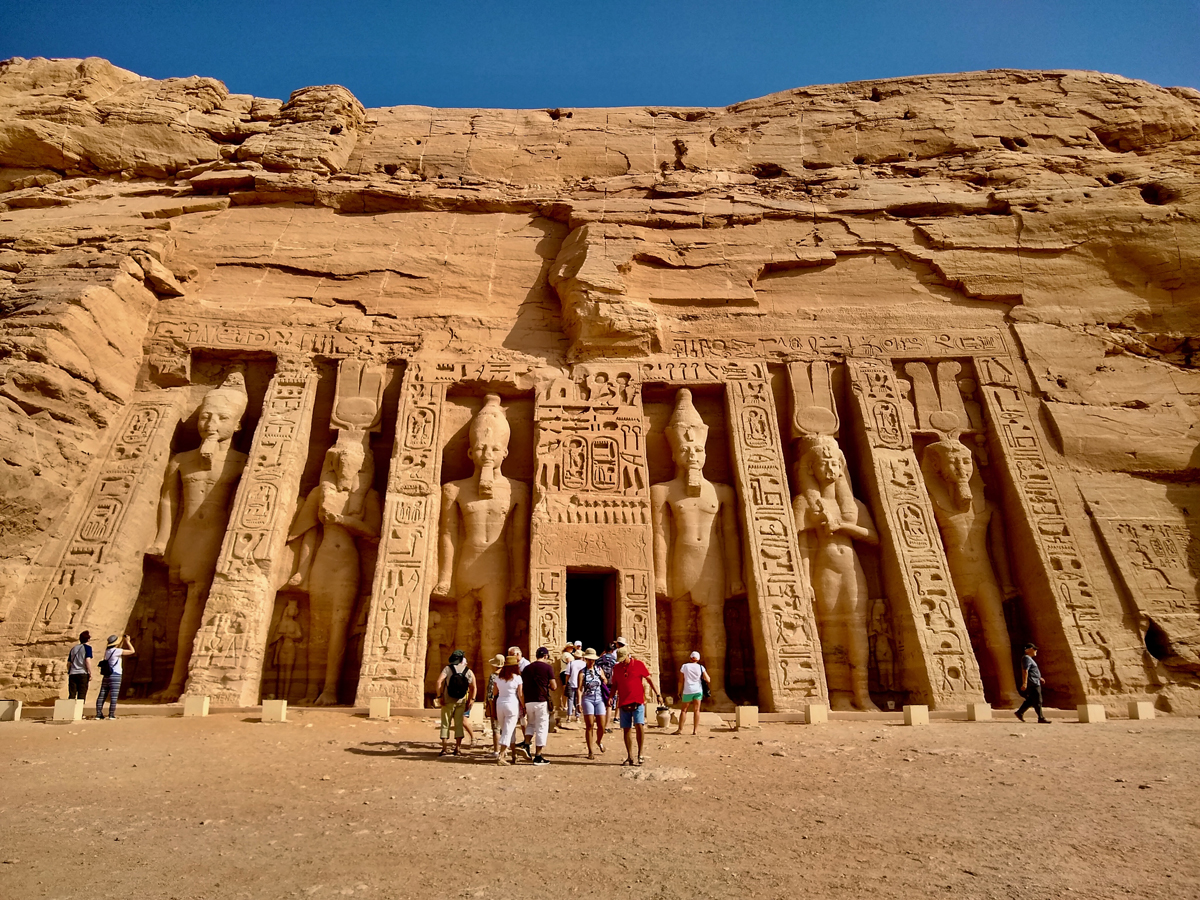
Can you tell us more about accommodation? How do you find places to stay that are in your budget?
For accommodations, we are not deliberately loyal to any platform and use Booking, Agoda, Hotels, or whatever has the best deal for what we want, but primarily we return to Airbnb for those long term stays. I understand a lot of the hate Airbnb is getting these days, as there are a lot of valid criticisms – much higher prices, high fees, lists of rules and sometimes chores, no loyalty program, a system that incentivizes overly positive reviews, customer service that is more interested in protecting their hosts over helping the customer, and of course just some bad hosts and bad listings. I acknowledge this, and I’m hopeful a better alternative will come forward going forward, or at least that the pendulum will start to swing back the other direction.
But our track record with Airbnb is still good, and while not every stay has been perfect, we haven’t had any serious issues, and have had many wonderful stays. I’ll also say we have become very good at reading between the lines of their famously positive reviews. We look for what is being said, as well as what is not being said. We read every word of the description. We scour the photos. I want to see photos of every bed, every shower, of the stove, I want to see the air conditioners in every room that is supposed to have them. If photos are missing, that is a huge red flag for us, because either the hosts are not good at anticipating what people want, or they left the photo out on purpose because it is a problem.
When you’re looking at 10-15 different apartments, remembering all of those details in my head is simply impossible. So being the nerd that I am, I made myself a spreadsheet! I enter in each accommodation possibility, and then just fill in the details. Does it have a couch? It is a wet bath or a dry bath? Does it have a balcony and/or a view? Does have a pool? Does it come with breakfast? Does it have a full kitchen or just a microwave and kettle? Is there are washing machine? Is the booking refundable? Until what date? What part of town is it in?
Once that data is down on a spreadsheet, it becomes so much easier to see which listings have the most amenities, and which have the most red flags. We will pick two to compare, and will eliminate one at a time, until we finally get down to a winner. If you think the spreadsheet would be helpful for your own process, you can get a free copy on Google Sheets, it is even customizable for your specific needs, and there is also video to explain exactly how it works.
Prices of accommodation is climbing along with everything else, which at times can definitely stretch our budget. We know people who will reach out to private owners and rental companies to negotiate directly for apartments. That way you avoid all of the Airbnb/Booking fees which can save everyone money, but you also lose any protections, for whatever that is worth, in case something goes wrong. We keep thinking about it, but so far we haven’t tried it yet. We combat this with a little geo-arbitrage, balancing our time spent in high cost areas (like Mexico City or Singapore) with lower cost areas (like Oaxaca City, or Vietnam.) So far it is working for us, but we know this is going to be the expense that forces us to raise our budget at some point.
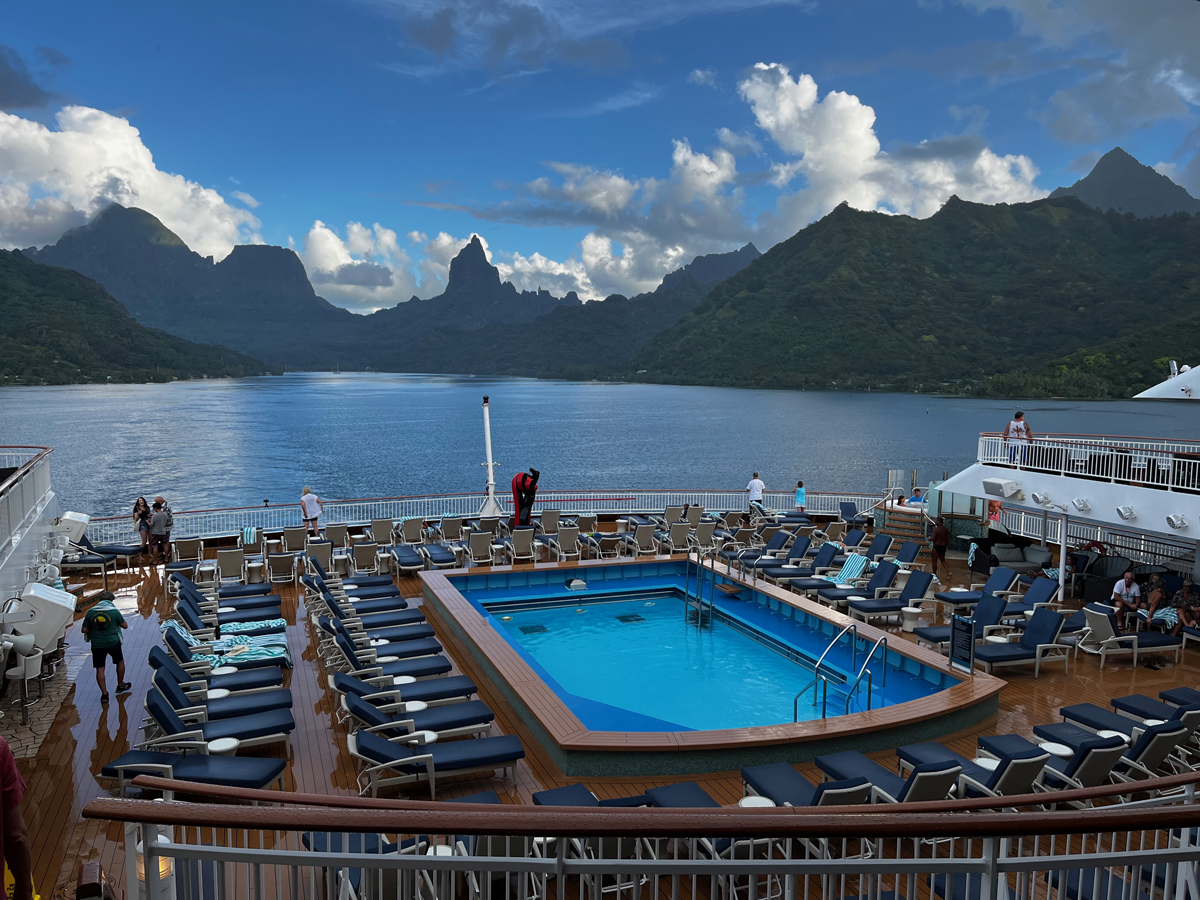
How do you plan on where you want to go? How far ahead do you plan? Everyone is different: when we travelled full-time we were very spontaneous, sometimes we’ d be somewhere (like Croatia) and decide we’d stay the following month in Turkey. Some people we know plan (and book) everything a year in advance. What’s your planning strategy?
In the past we usually kept things very spontaneous, only booking ahead when it was required for getting a visa into a country. But we’ve started booking farther and farther ahead lately. Partly this is because we’ve slowed down significantly, spending a month or two in most of the places we go, and the best accommodation options often get booked early. My Mom stays with us 4-6 months at a time and then goes back home to see the rest of the family for a month or two, so it is just easier to book her time with us ahead so she can plan for where we are going.
Currently we are booked ahead for the next three months until she goes home again. We are looking at options after that, we know we want to stay in Asia and are hoping to get back to Vietnam at some point, but so far we don’t know exactly how it is going to work out. There are pros and cons to both planning early and to being spontaneous, and we don’t really worry about which way we choose anymore, because no matter what happens we know we will make it work and have a great time.
That is really one of the best side effects of full time travel. We completely trust ourselves that we can figure out any situation that comes up. Whether we are spontaneous or plan ahead, we are going to make the most of it and love it either way.
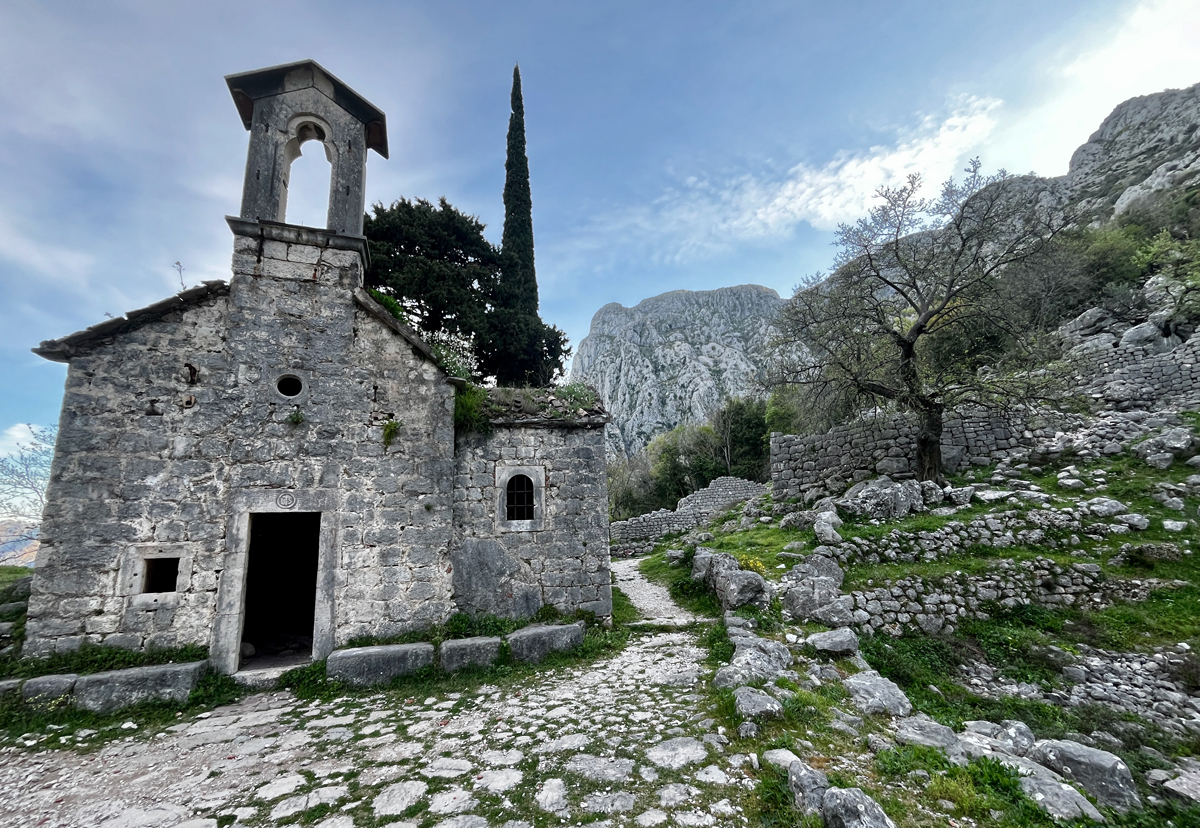
You guys seem to have everything down perfect. So I want to know the truth: what are the biggest travel screw ups you’ve made?
Haha – our travels have been far from perfect! We just don’t sweat the small stuff anymore and even when we do, we don’t let it bother us for long.
I’ll admit to a giant blunder I made just last year. I had done a lot of research, and was booking a few months of travel all at once. And I managed to buy a pair of non-refundable plane tickets on the right day…but a month early. I didn’t even notice the error until I was double checking things like a month later. I was angry at myself and felt so stupid, it was such a basic kind of blunder. Amazingly the price of buying a new pair of tickets had actually dropped a little, and in the end we were out about $350. A costly mistake for sure, but it could have been far worse, and our travels weren’t affected at all.
I think we’ve realized that money solves almost any problem while traveling. I hate paying for our mistakes, but if all it takes is money, then sometimes you just gotta suck it up, solve the problem, and hopefully not make that mistake again.
One other story I’ll share because it is always something to consider. Many countries have rules that you should have proof of onward travel before arrival. In South East Asia, Indonesia is the only country where an immigration agent has ever actually asked me about it. But in 2015 we were flying from Hong Kong to the Philippines, and when we went to check in for the flight, the airline agent asked us for proof, which we didn’t have as we had no plan for the Philippines and were just going to wing it for a month. Luckily we always arrive at airports early, so when she refused to check us in, we just sat on the floor in front of the desk with my laptop and made a quick plan and bought a ticket on the spot.
These days there are businesses that basically rent you a ticket that lasts for 48 hours just to get you in the door. But be prepared that the airline might be more picky than the actual immigration agents.
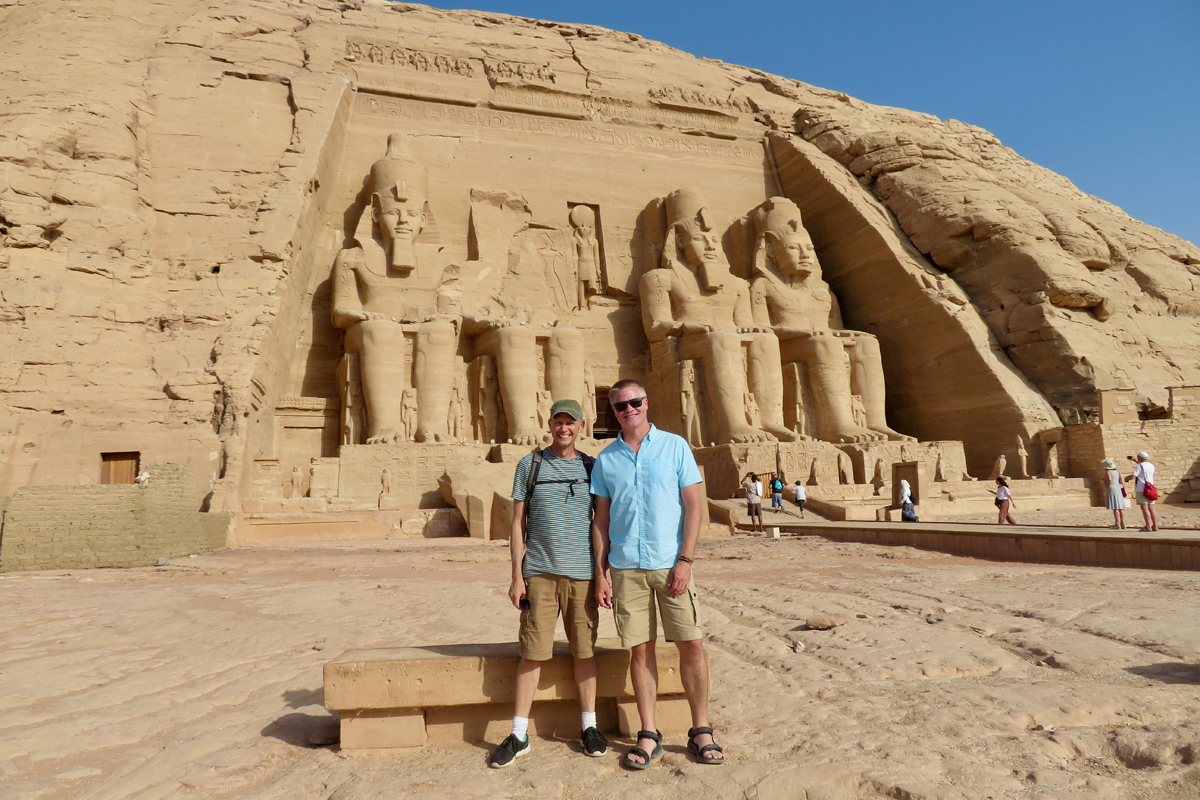
You and David have actually taken your mom along with you on your travels. I loved the video you did interviewing your mom about that. But I wanted your take on that: why did you both decide you’d like to take your mom along? And what has it meant to you as a son?
It was a sequence of events where she was going to move anyway, and instead of just getting a new place we invited her to come travel with us for a while. Initially it was only going to be for a few months, but it has all worked out so well we just keep extending it.
I think she told this story in the video interview we did with her, but when we invited her, she asked me why I would want her along with us, and I told her, honestly, because I wanted to make memories with her. We’ve now taken her to both Central and South America, Europe, and we are now in Asia, so I can confirm we have made a lot of memories.
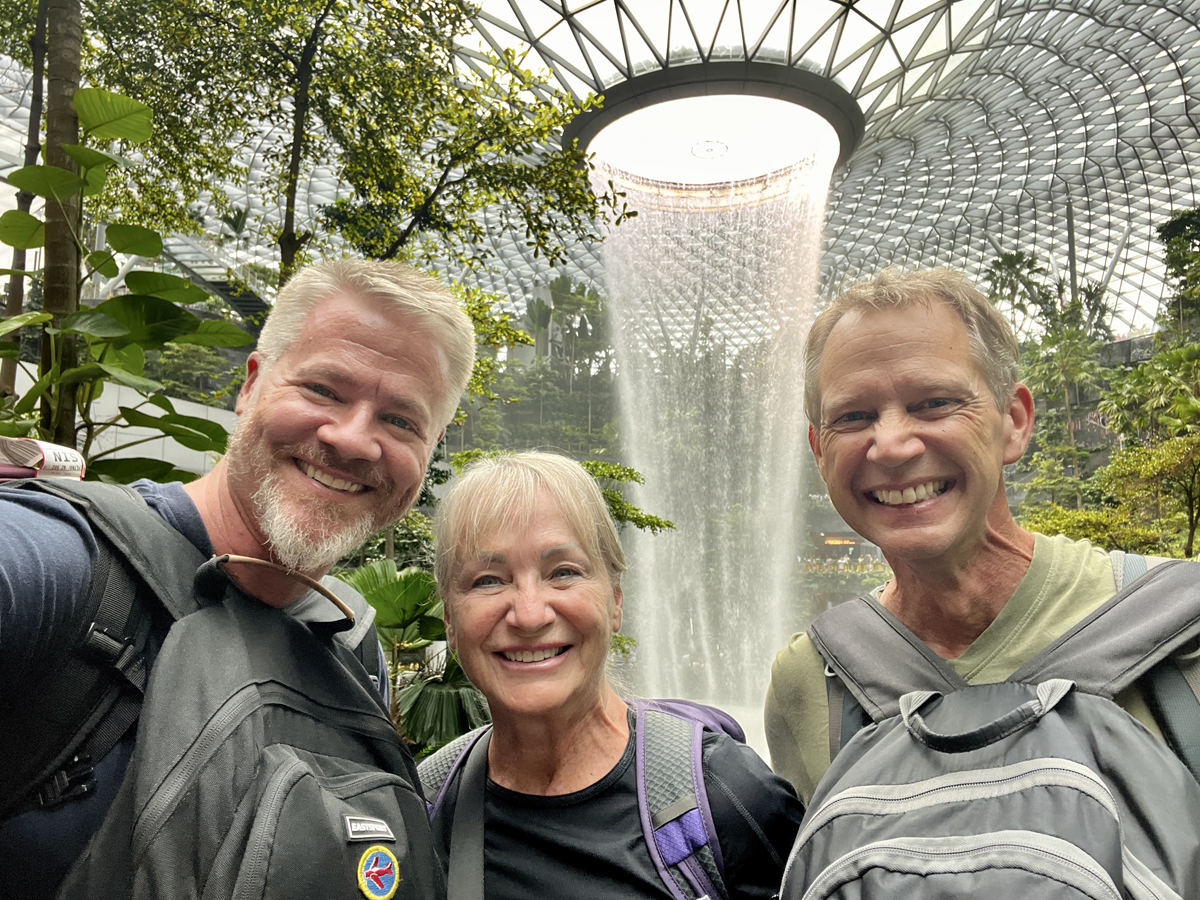
What do you guys “do” when you travel? I know you’re serious about birding…but what else draws you to travel?
All three of us have the kind of personality where we are very good at keeping ourselves as busy as we want to be. We don’t really get bored. We are fine running around to tourist sites, or can stay home for days at a time working on photo editing or writing projects or just going to the grocery store and looking up new restaurants to try.
In my 20s, travel was all about seeing temples and jungle treks and scuba diving. I still like those things, but I’m in no hurry, and very much like just feeling the rhythms of wherever we are.
And yeah, we go birding a lot. It is a world-wide treasure hunt! We are up to 1405 species identified, the most recent new species was the Blue-winged Leafbird which we saw at the KL Tower grounds here in Kuala Lumpur. We maintain that birding is one of the best hobbies for long term travelers. 😁
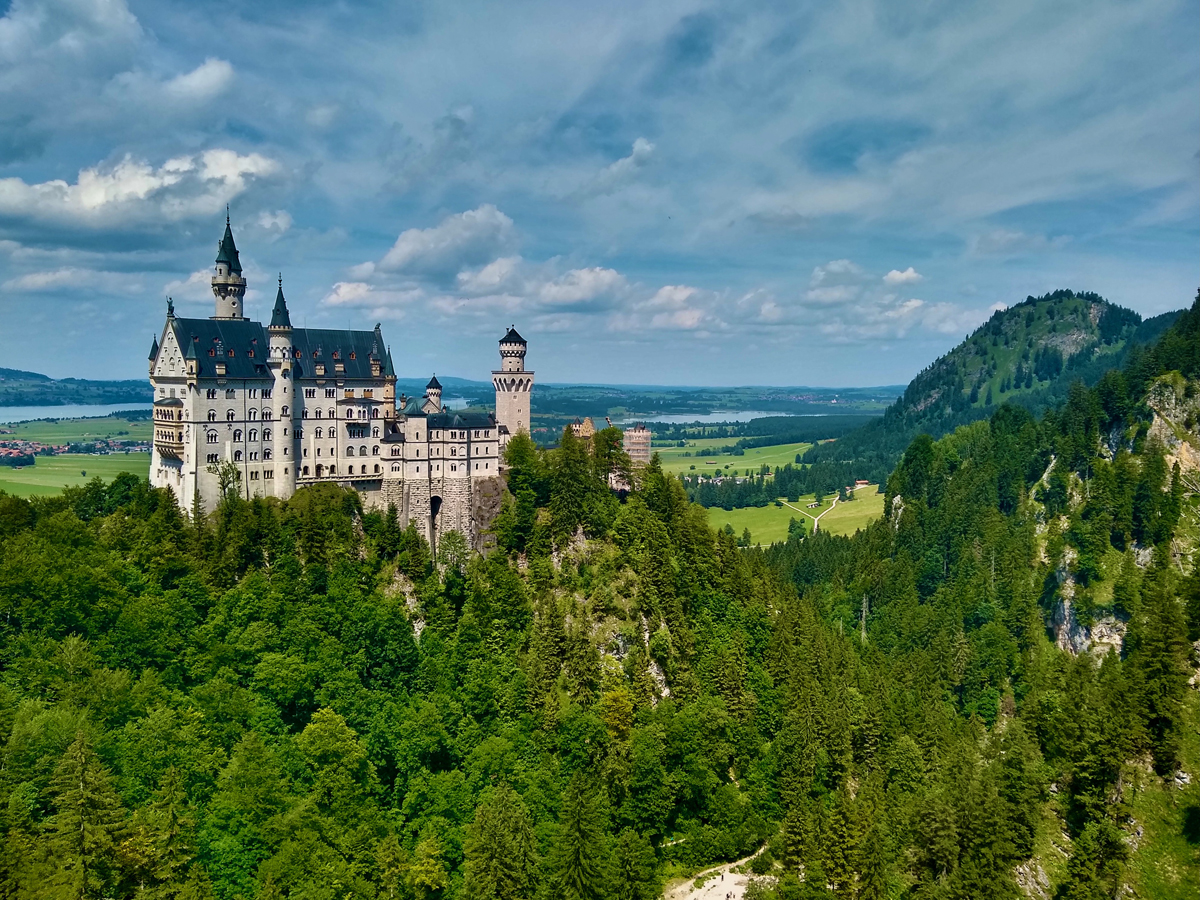
Of all the places you’ve visited (you mentioned 85 countries), what have been your favorites? Your least favorites? What country most surprised you? What country most disappointed you?
This is always the hardest question to answer, because we have loved almost everywhere we’ve been. Last year we tried an experiment, and just because Guatemala City was a place we had often been warned against staying even one night in, both because it was “unsafe” and because it was “boring”. So we booked a month there just to see what we would think. And despite being there during widespread political protests throughout the country, we had a great time and enjoyed ourselves a lot. So we are pretty open to going anywhere that isn’t a war zone or that is having clear political troubles for foreigners. The longer we stay, the more we like it.
I think some of our favorite places are super obvious: Angkor Wat in Cambodia, Machu Picchu in Peru, or Easter Island for some big sites. Some of our favorite cities include Antigua, Guatemala; Sydney, Australia; Albufeira, Portugal; Kuala Lumpur, Malaysia; or pretty much anywhere in Mexico.
Egypt is one of the most amazing places we’ve been, and I’d love to go back, but we would definitely book a tour next time to help protect us from the overwhelming number of touts. It is a place every traveler should see, the temples and sites are just mind-blowing. But for introverts like us, it was a lot of constant stimuli to deal with.
And then the more I think of it, the more I think that I can’t leave out Vietnam, or Albania, or Ecuador, or French Polynesia, or South Africa. We just love to travel, and the world is amazing, and we are grateful we are privileged enough to see as much of it as we have.
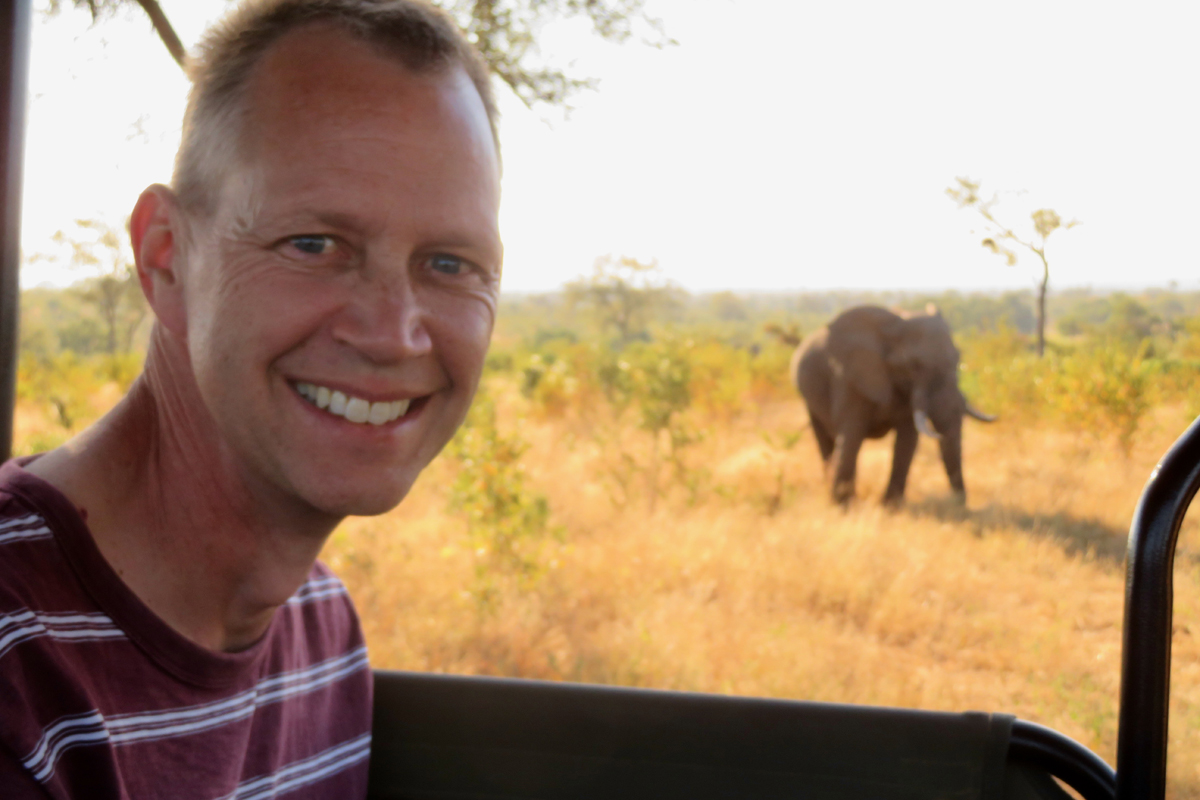
Have you ever have anything happen to you: violent crime, robbery, getting serious sick? Is there anywhere you’ve felt very unsafe?
In 2001 I was traveling solo in Vietnam. I was in Dalat and hired a guy with a motorcycle to drive me up to Da Nang over a week, going through the hill tribe villages instead of up the coast like the tourists were “supposed” to do back then. We were about 50km inland from Da Nang on a dirt road still deep in the jungle when we slowed to turn a corner and we were rushed by three guys who stopped the bike and ripped the keys out of the ignition. There was some shouting, not directed at me, and we were ushered to a table to wait. The men were initially in just undershirts, but quickly got dressed and it became clear they were policemen.
They were very polite to me, fascinated really, but my driver was clearly terrified and wouldn’t speak to me or acknowledge my existence at all. They asked him a lot of questions, went through his papers, while he went through his backpack and was just handing out all of his water and snacks and cigarettes and anything he had.
They then turned to me and took my passport, pouring over every page and each of them writing down every detail in their own little ledgers. After a while the main policeman appeared from the small house we were beside, in a crisp white outfit, dressed to the nines. He made sure I knew he was in charge, barking orders at the others, but again he was all smiles with me. He gave me a bowl of noodles. He also offered me a cigarette, which I politely declined as I don’t smoke.
I had no idea what was going on, as my driver was too scared to talk to me, and we just sat there and sat there and sat there. I very quickly realized I didn’t seem to be in physical danger, and was assuming they were going to ask me for bribe money. But instead the main guy just kept offering me a cigarette.
Finally after I declined the cigarette for the third time, my driver leaned over and for the first time in two hours whispers “He knows you don’t smoke. Smoke with him anyways.”
Feeling both bemused and annoyed, I took the cigarette and he was clearly delighted. I awkwardly lit it, and he was so happy he never even seemed to notice that I just let it burn out in my hand. I think he just wanted to smoke with an American.
In the end they never did ask for money. Apparently, as my driver told me much later, a white guy had come through the area not too long earlier, and stirred up some kind of trouble in the little village we were approaching. They sent the policeman with the best hat ahead to check (no cell phones back then!) and I was denied permission to transit the village, so after a three hour wait we had to turn back. Even after we left, my driver was quick to defend the police, but was also afraid I was going to be angry and not want to pay him for the rest of the trip. So when I offered to pay him more to get him just to drive me back down to Ho Chi Minh over a few more days, he was so happy he bought me dinner.
Knock on wood, this is one of the scariest stories I’ve got, except maybe for the time I was chased by a Komodo Dragon. LOL. David was mugged in Puerto Rico in the 90’s when he was working on the cruise ships, but he was very naive and wandered off alone at night into a secluded area. He lost a few bucks and gained some very valuable street smarts.
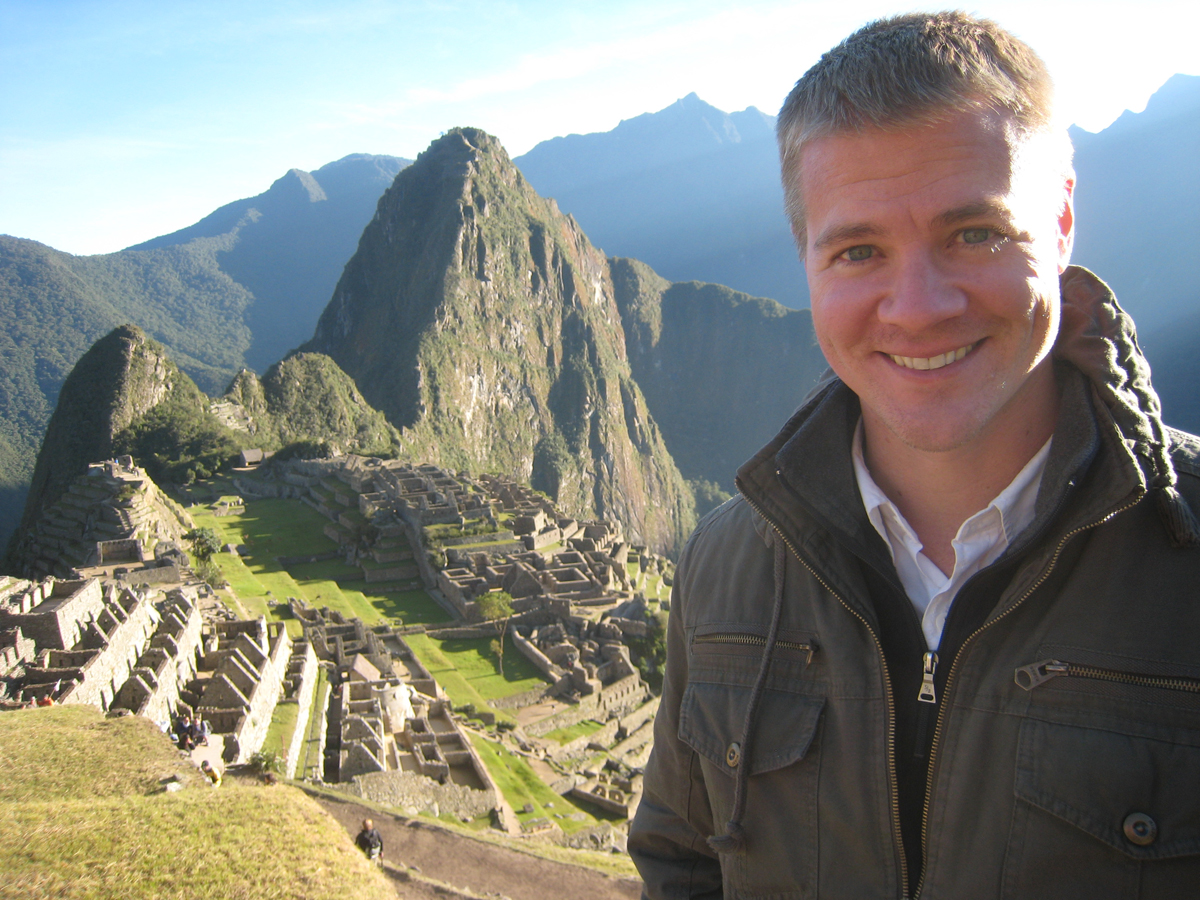
What’s the long term plan? Will you continue this lifestyle as long as you can? Then what? Do you plan on eventually settling overseas?
We are still pretty young and should have a lot more years to keep traveling, which I remind myself frequently of when I get anxious that we haven’t yet been to India, or Rome, or Brazil. There is a chance we will head back to the States to get one last job just so we can upgrade our budget until Social Security kicks in. But ultimately we plan to retire abroad. The power of Geographic Arbitrage is just too powerful to ignore, where we can live comfortably abroad for a fraction of the price of what it costs to live in the US. We aren’t anywhere near finding a permanent place to stay yet, but we are always looking for those places we think we might want to settle, someday. I think Mexico is a good bet, just due to its proximity to family and friends in the US, and we are considering getting residency there to help facilitate that. But where exactly we’ll be at 70 is anyone’s guess.
For us, the journey is just as important as the destination. Full time travel is the right choice, and I know we will figure out the changes in what we want as they come up. In the meantime, we will keep seeing what we see, and document our experiences and tips on our YouTube channel.
Many thanks to Robb for this great interview!
Related: 9 pieces of Advice for those thinking of living a Nomadic Lifestyle
Related: How much does it cost to have a nomadic lifestyle?
If you haven’t subscribed yet and want to get our posts and newsletters sent to your email, just insert your email address below
Great! Thank you for subscribing. If you don’t receive a confirmation email, please check your Spam box.
